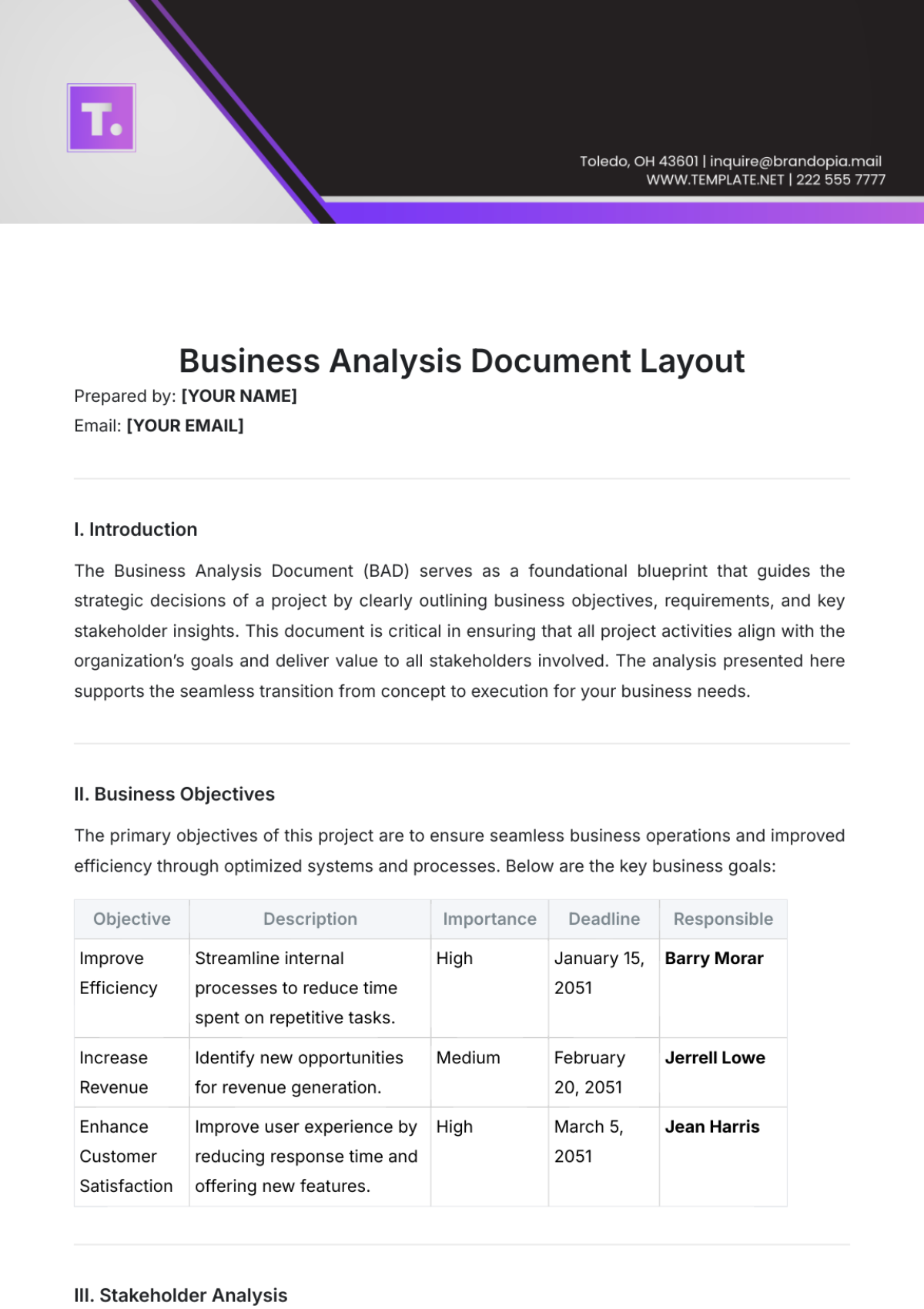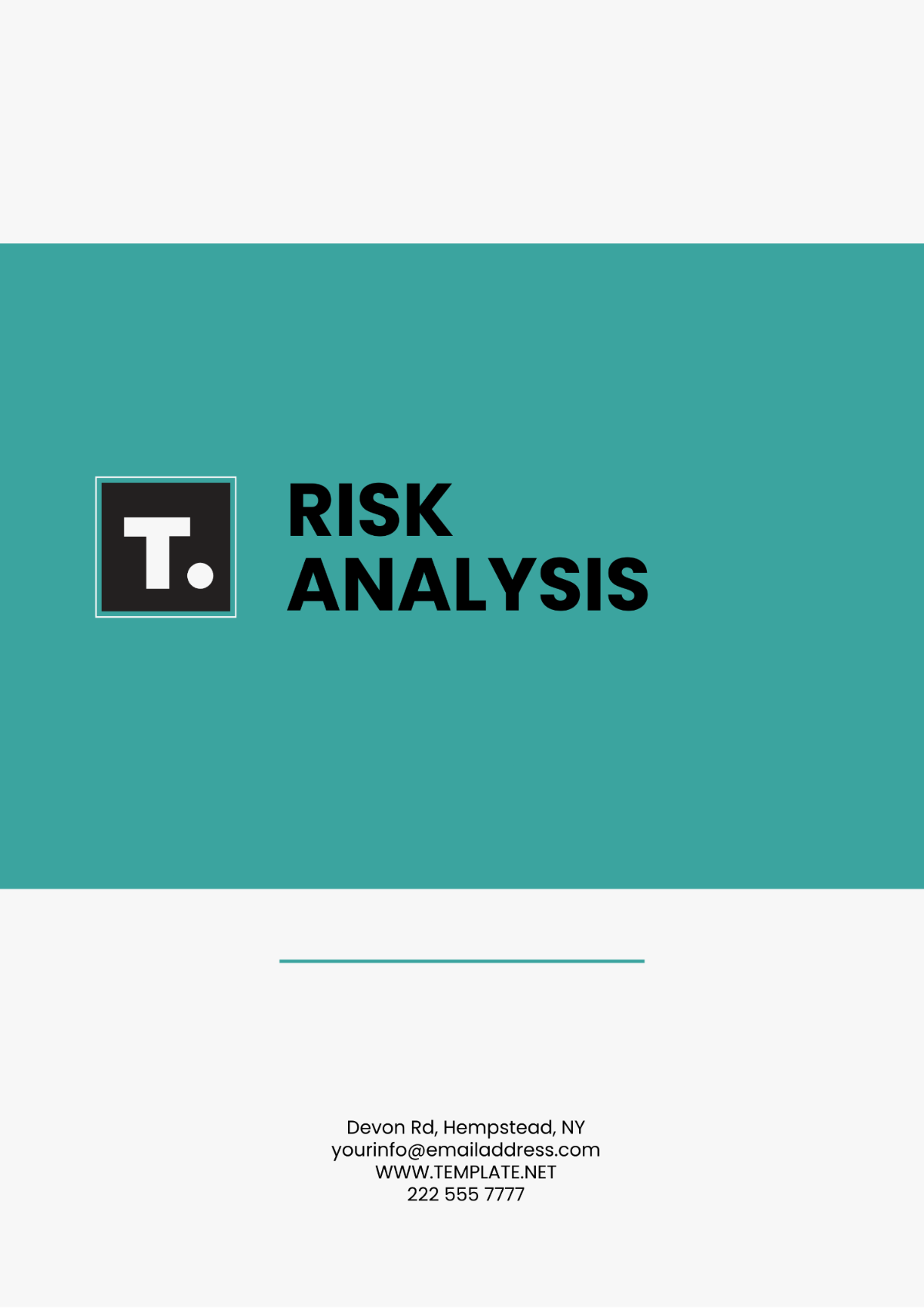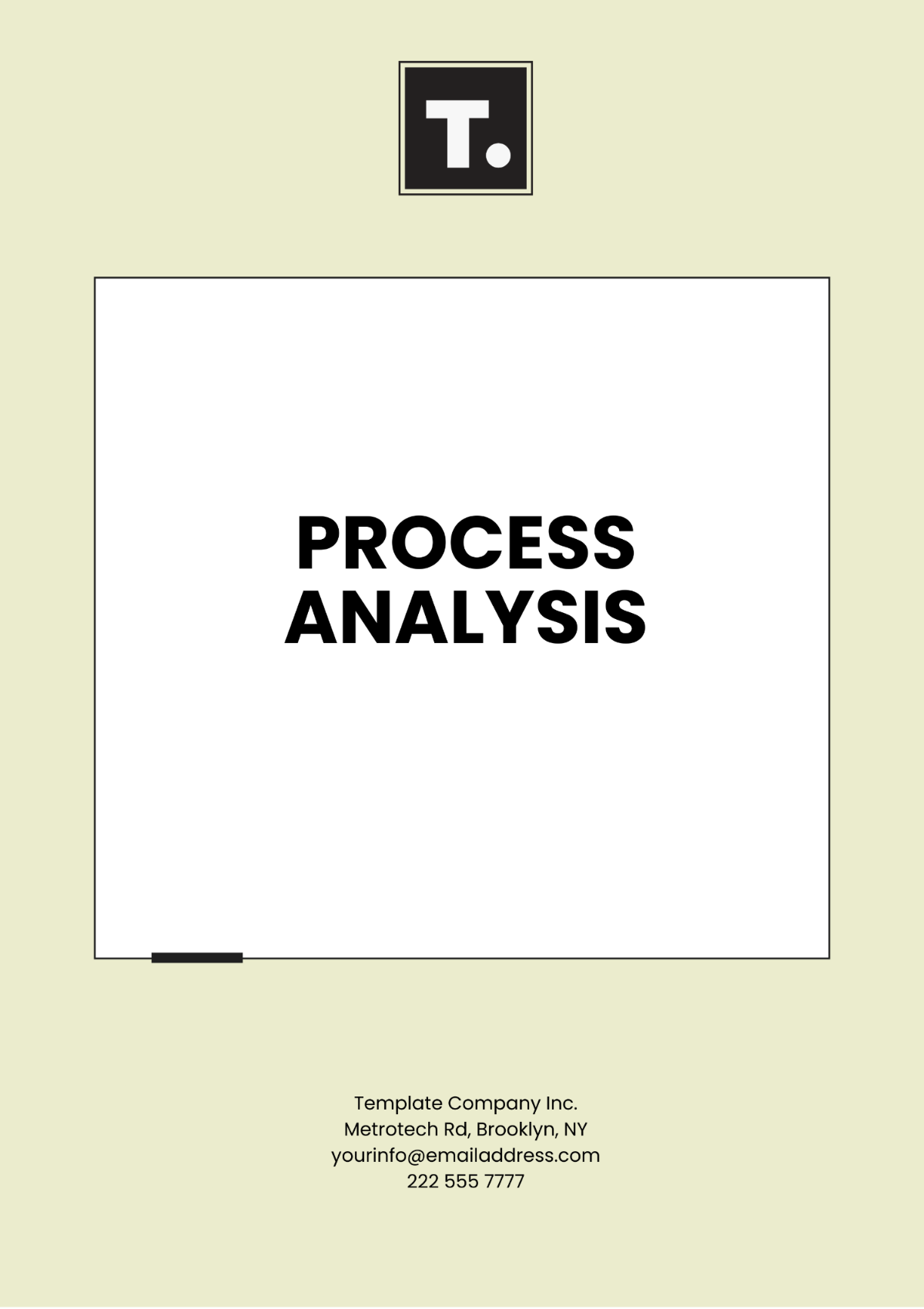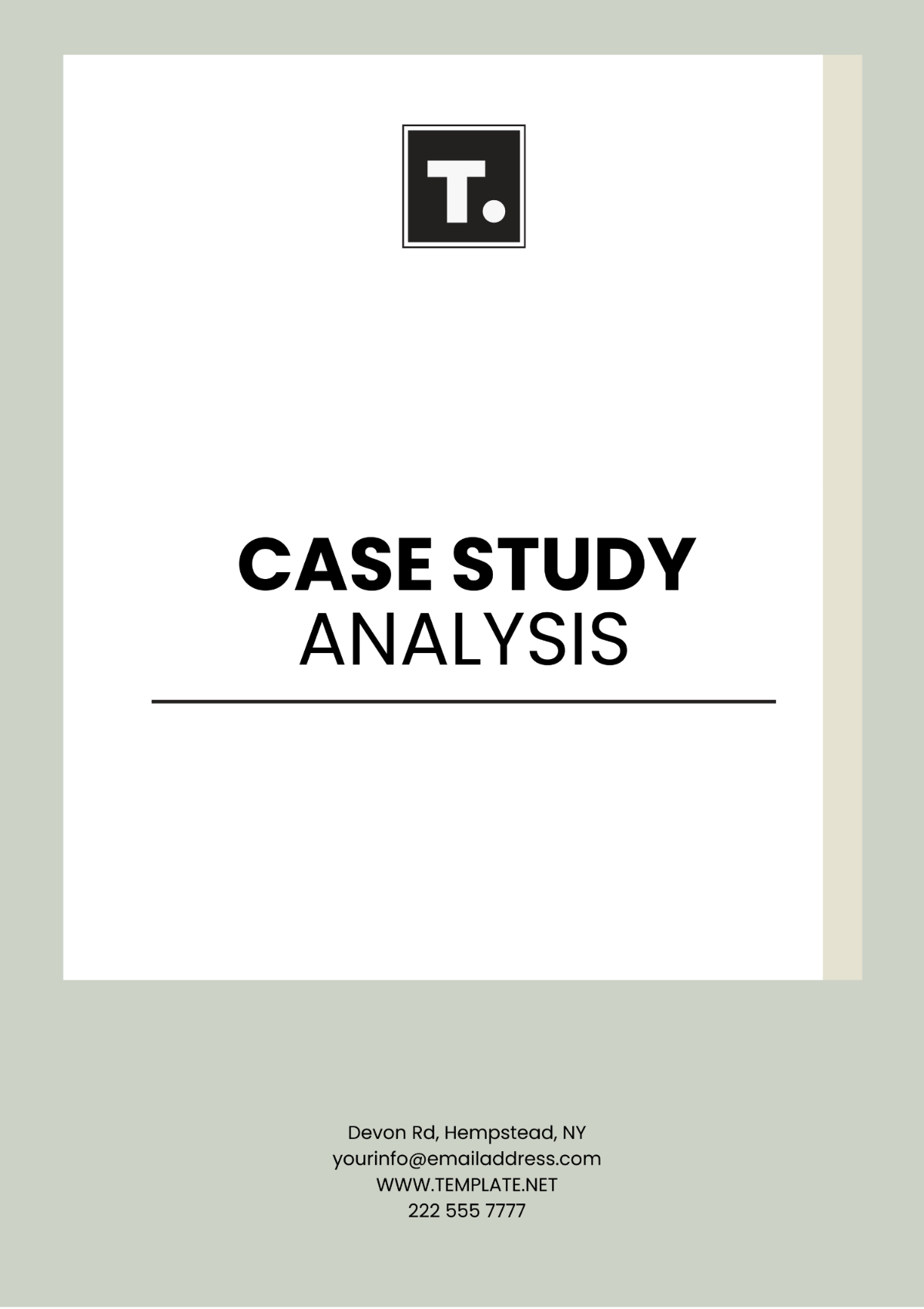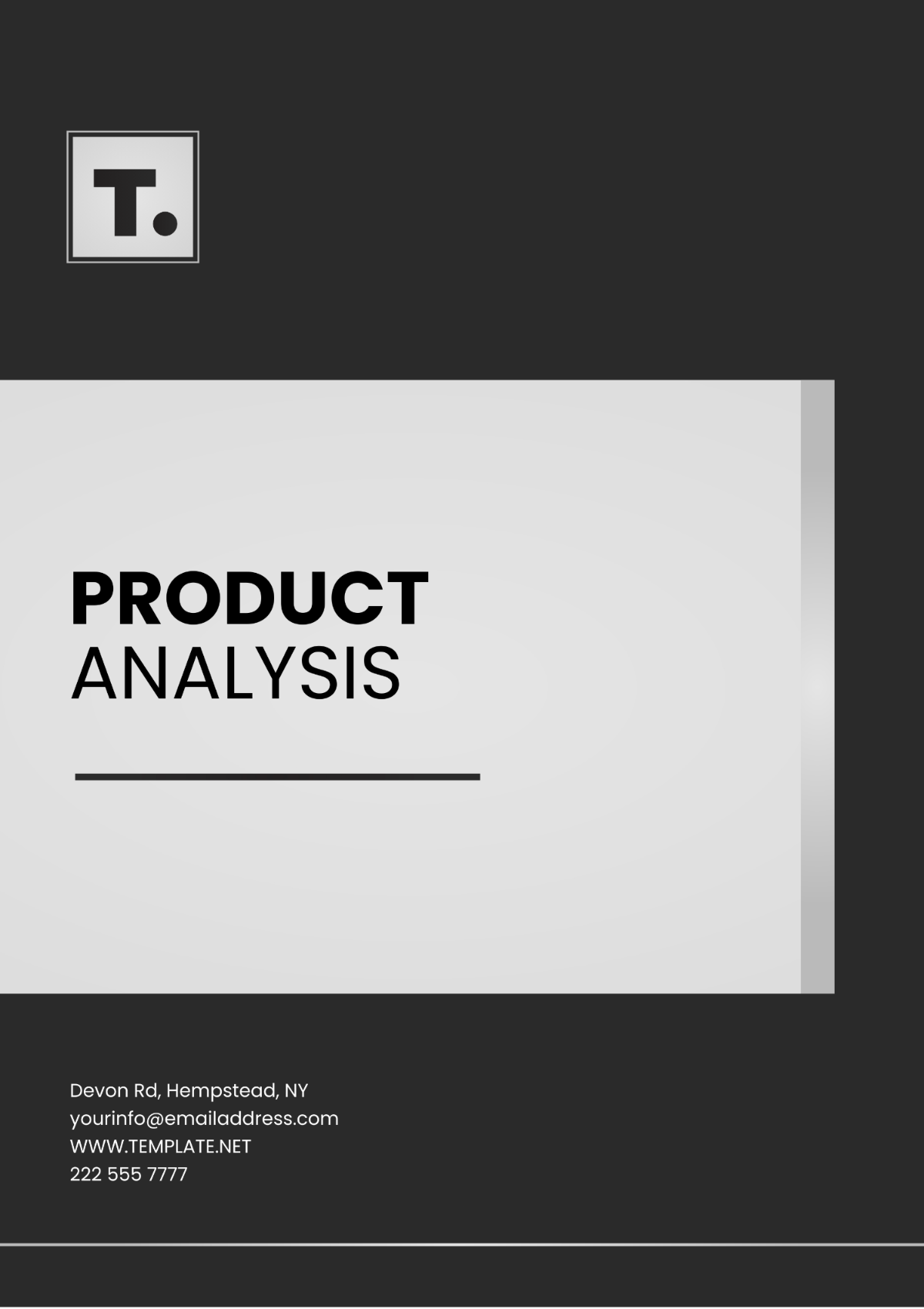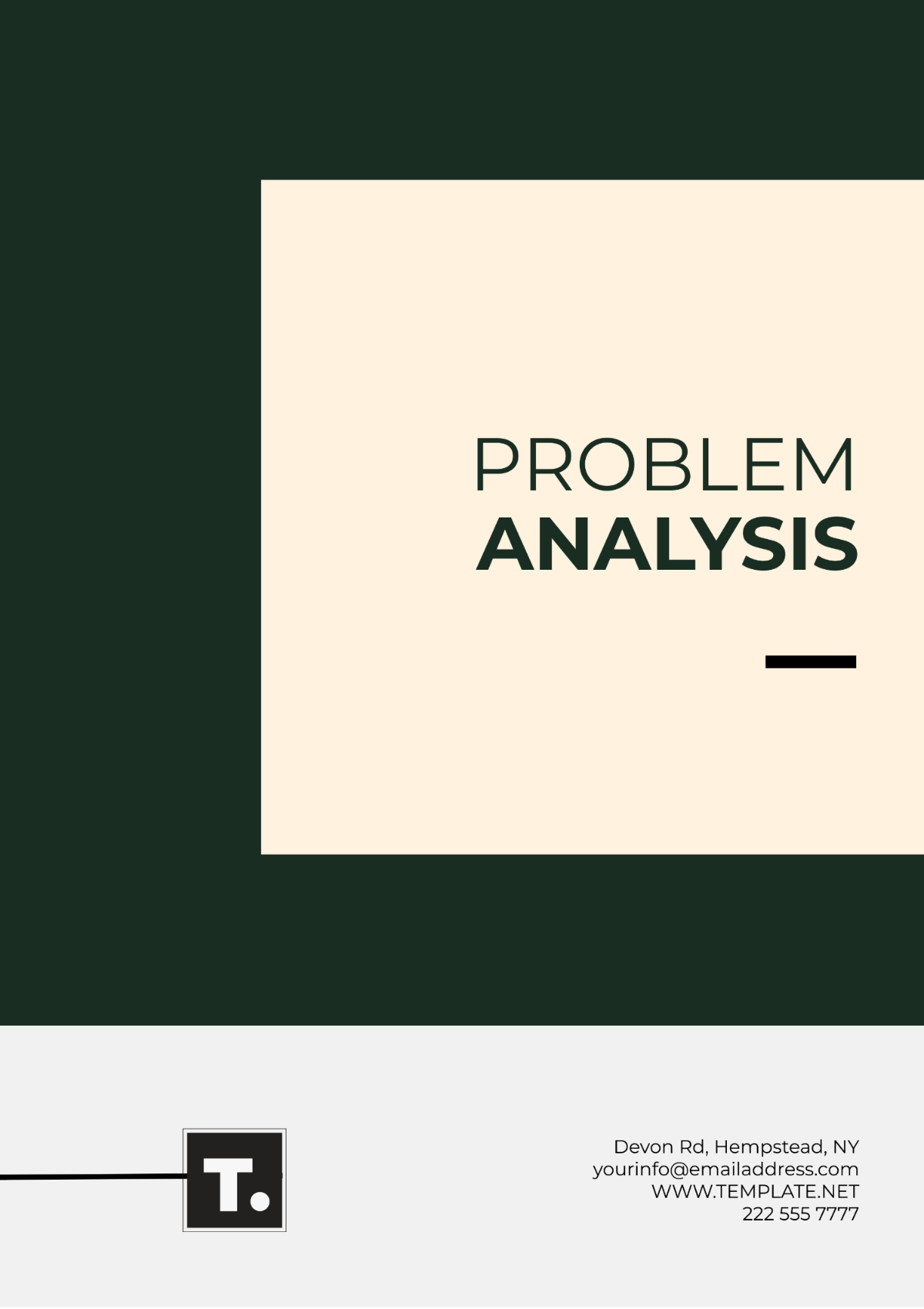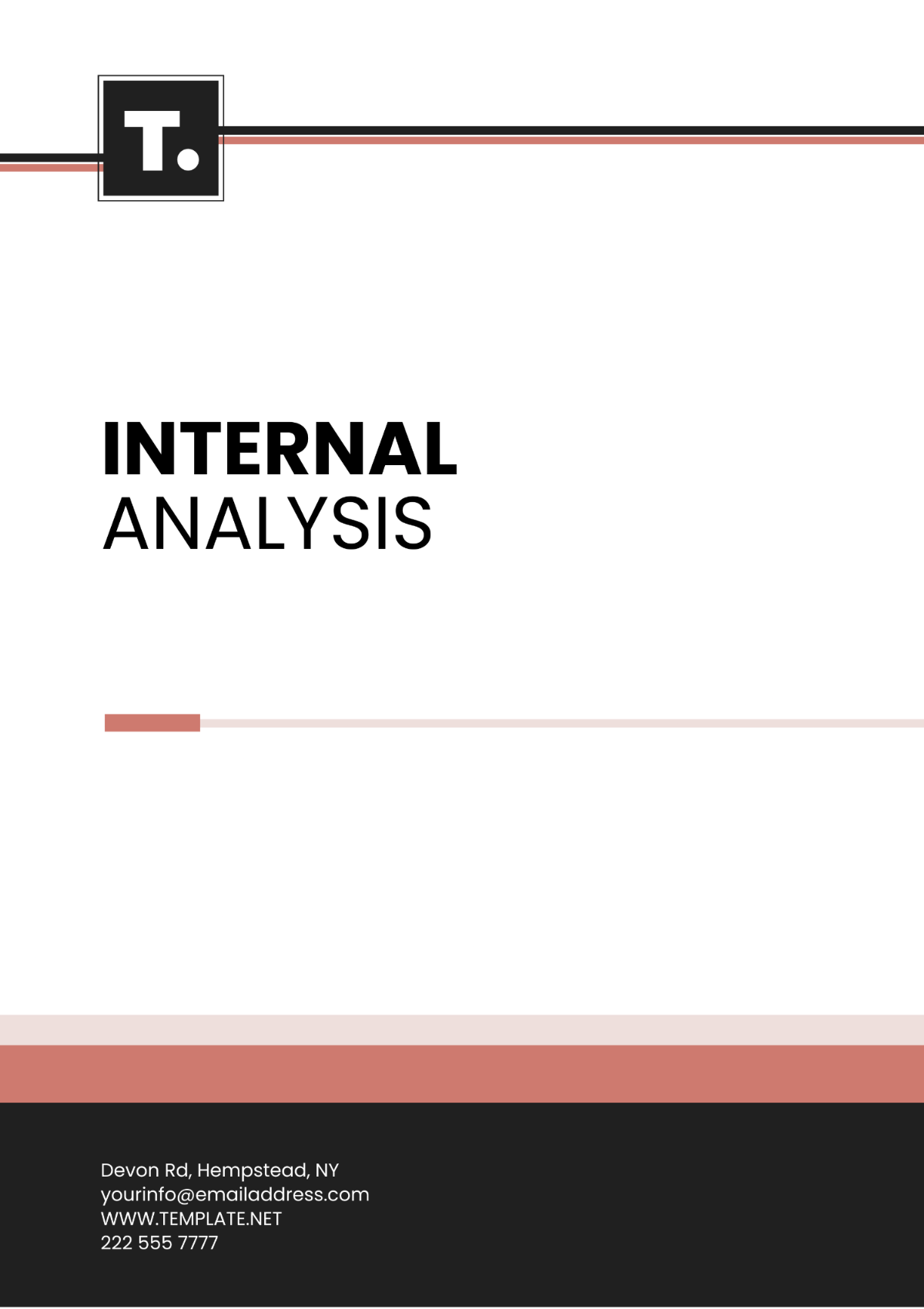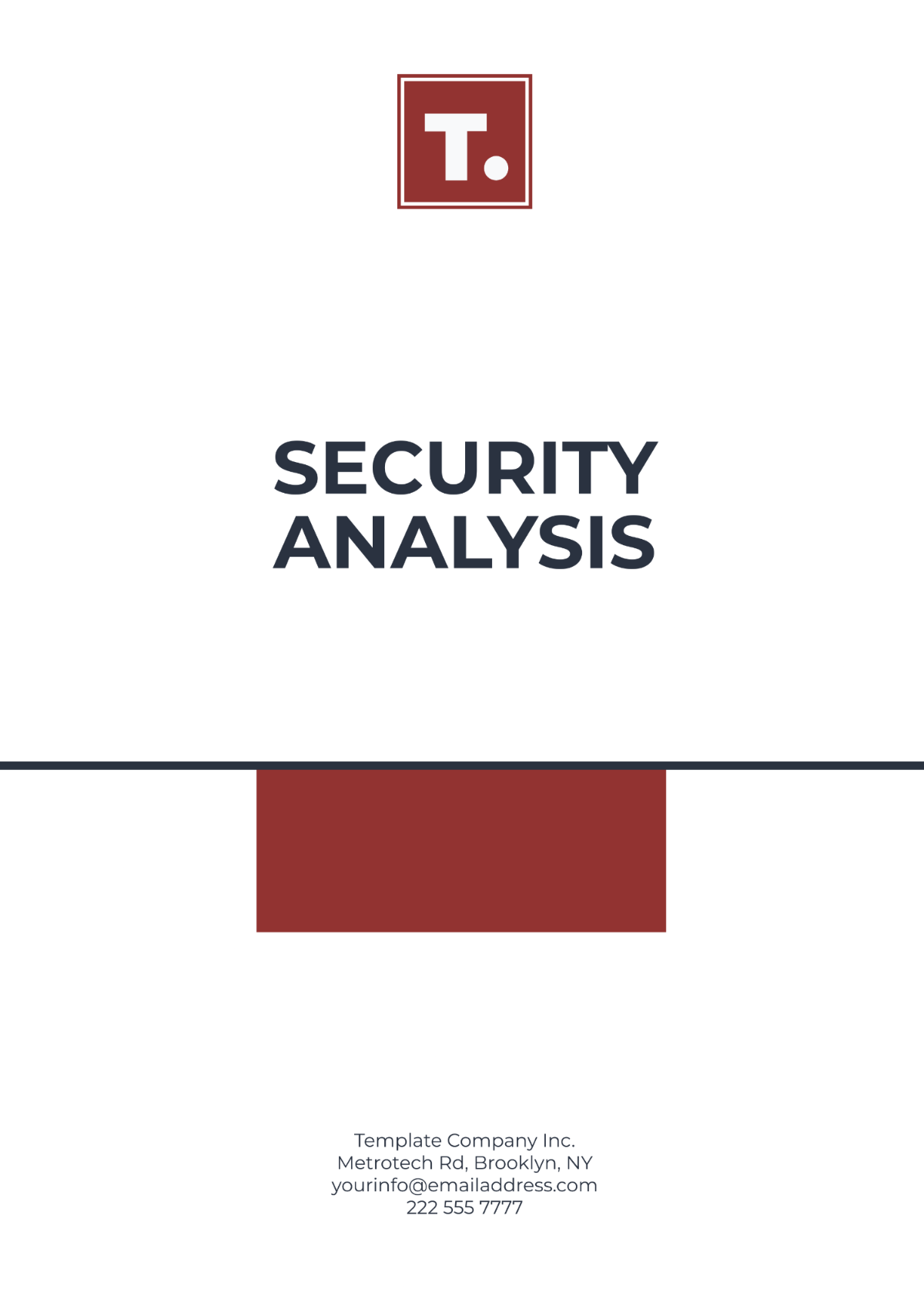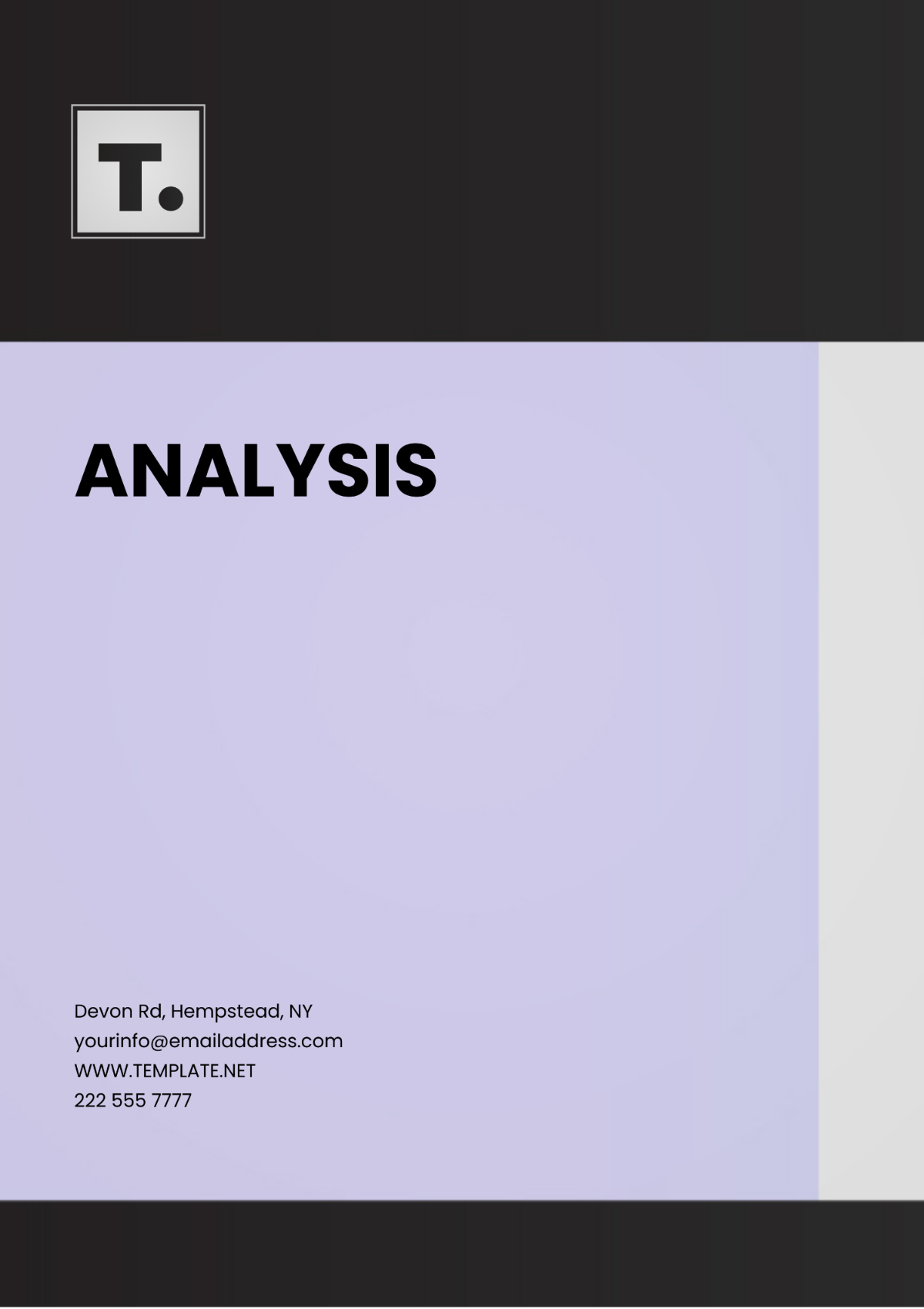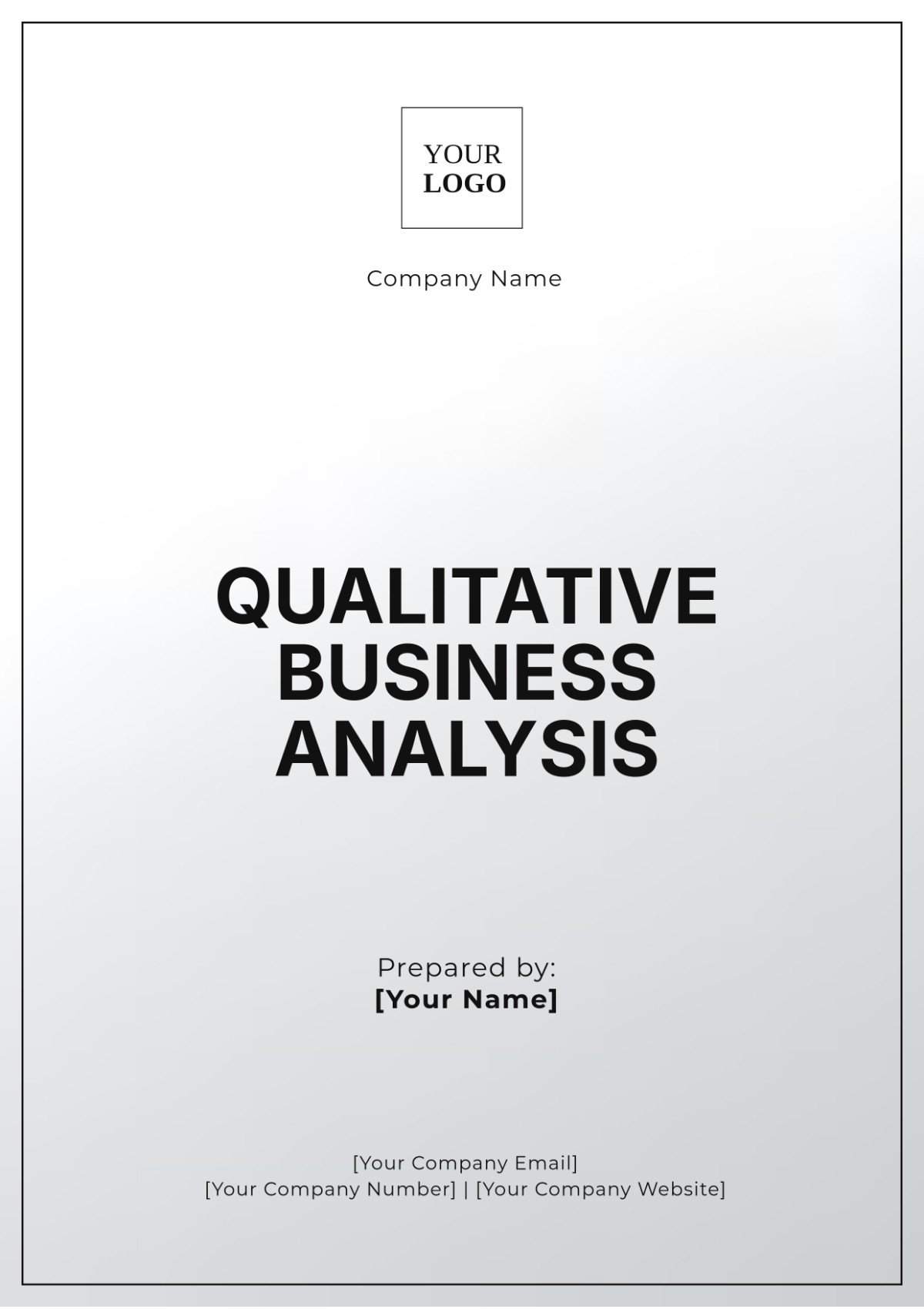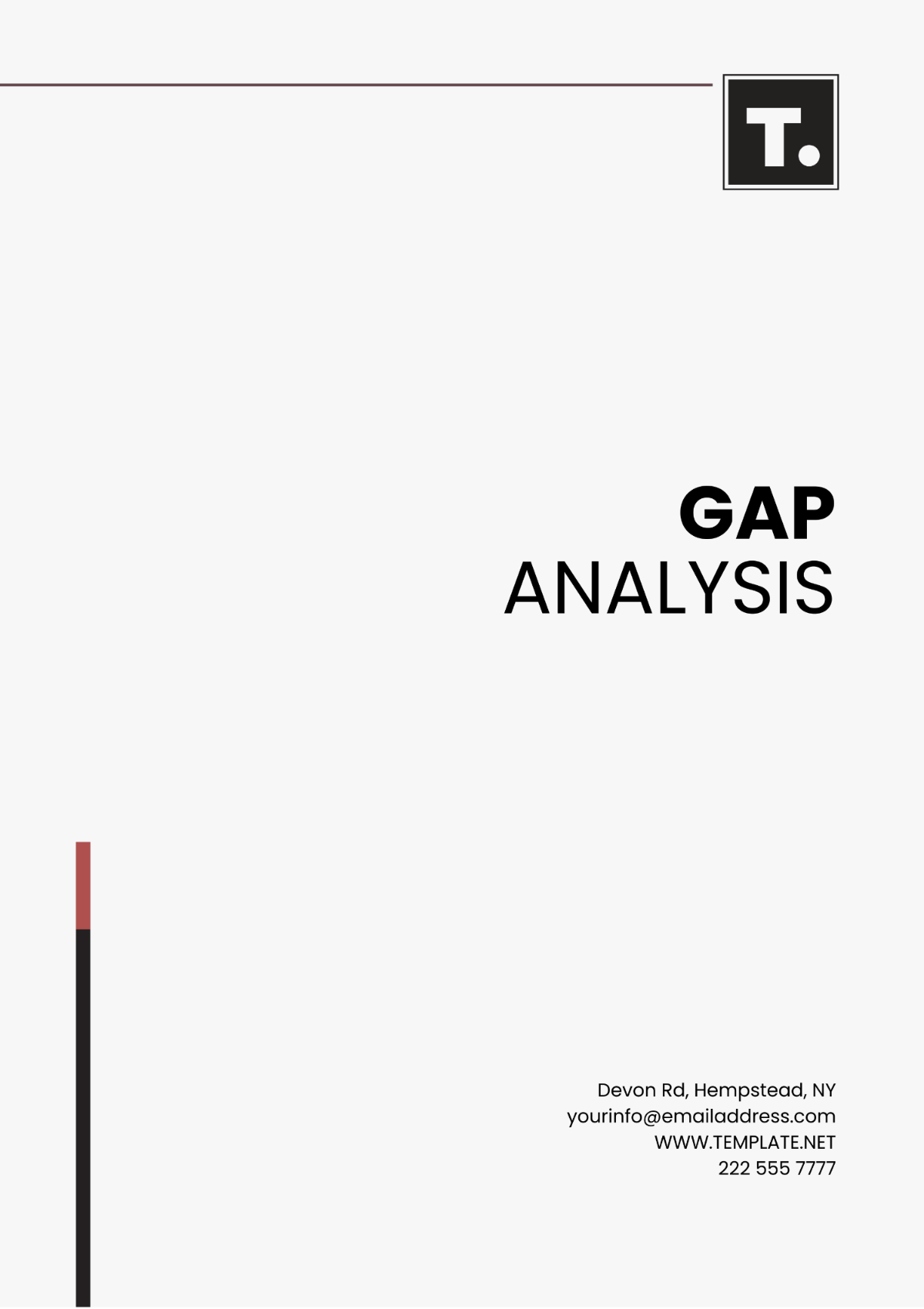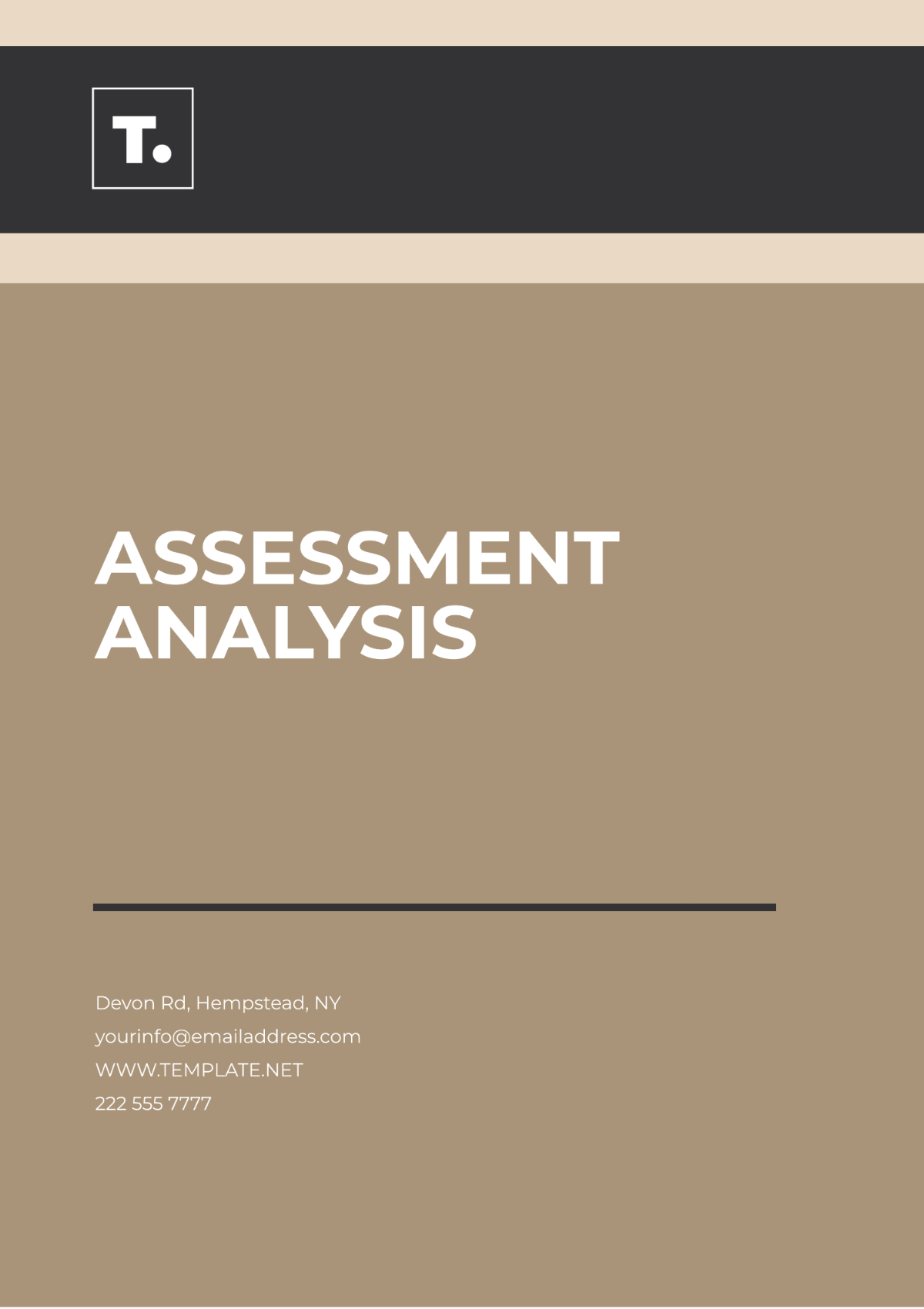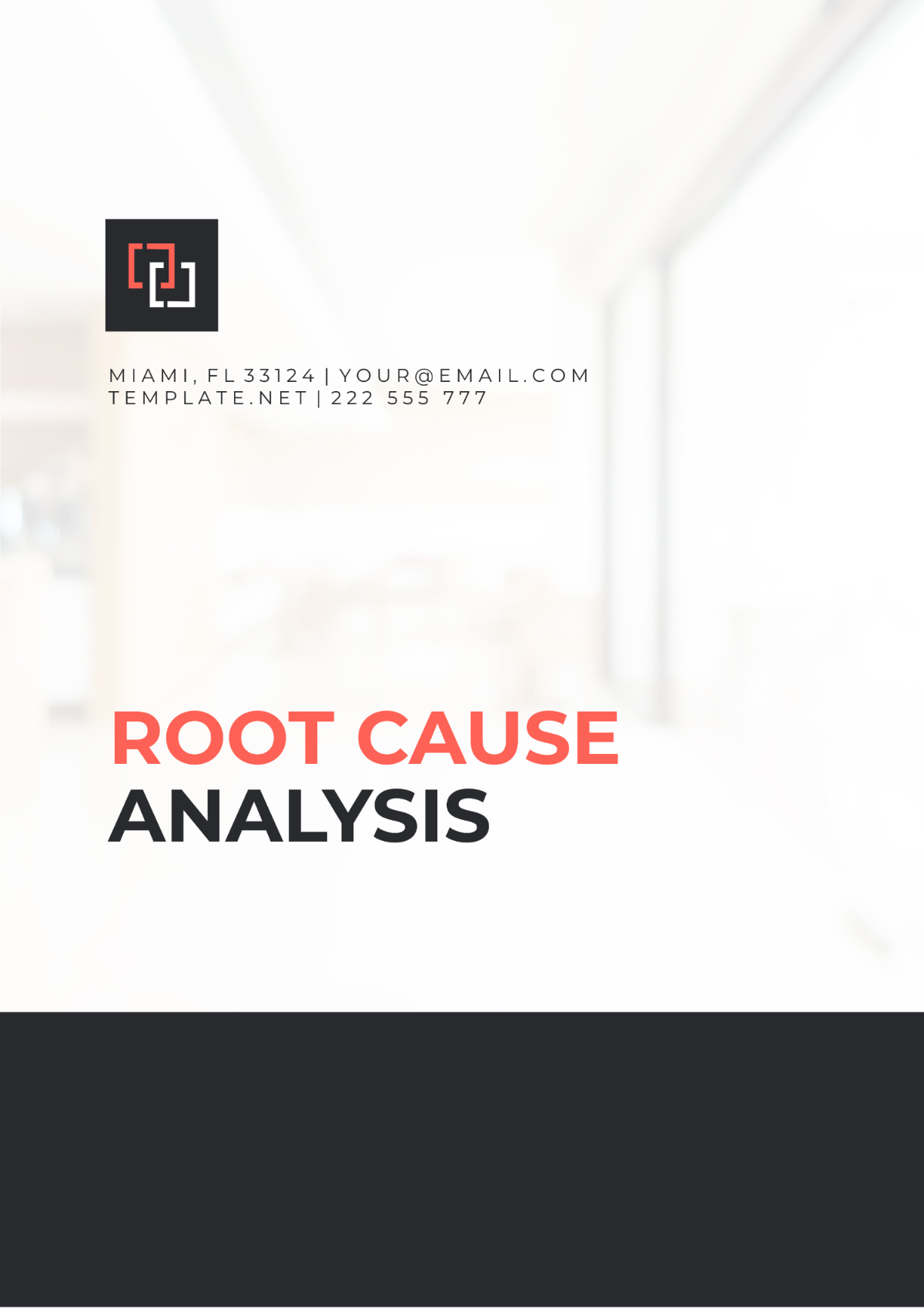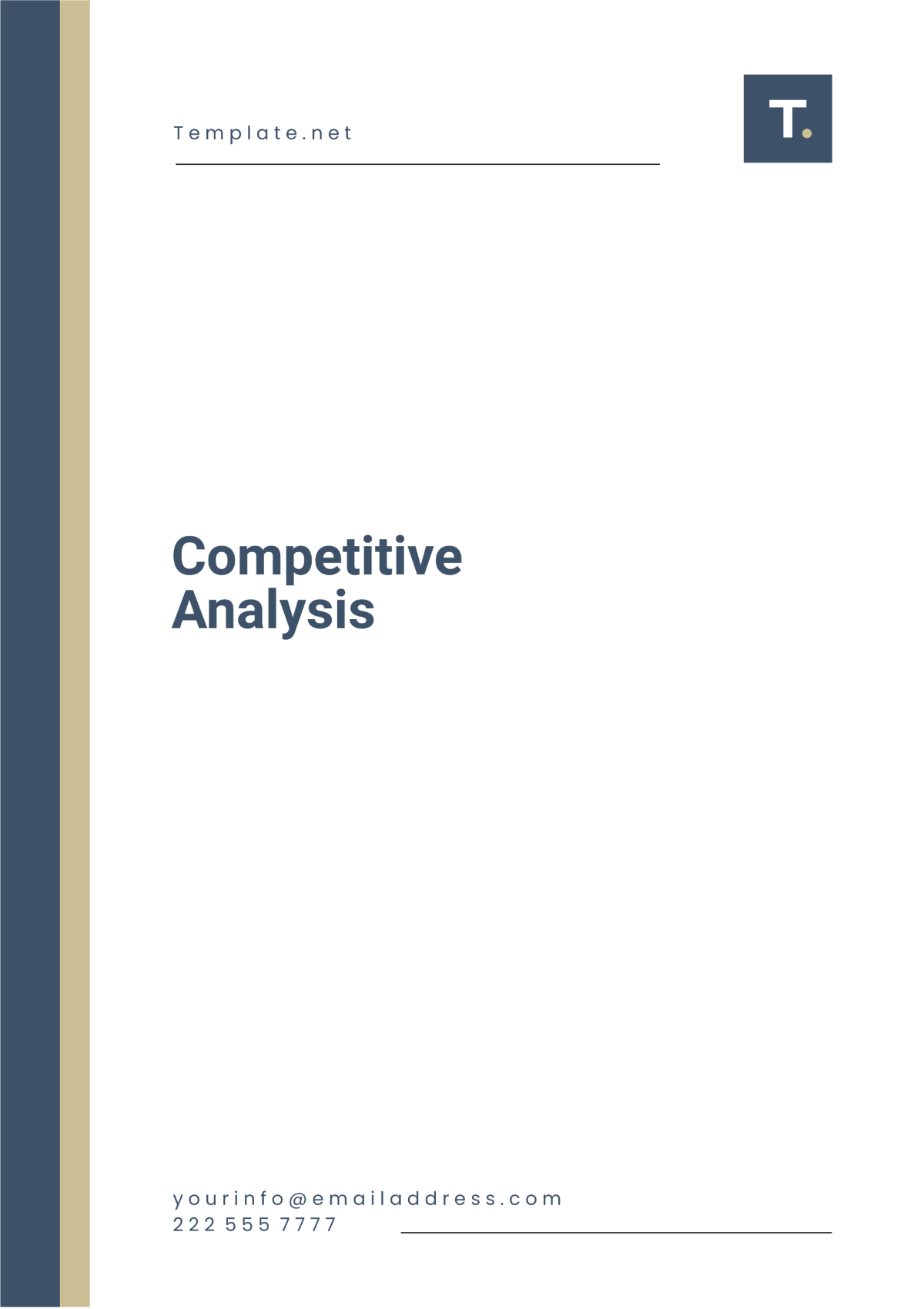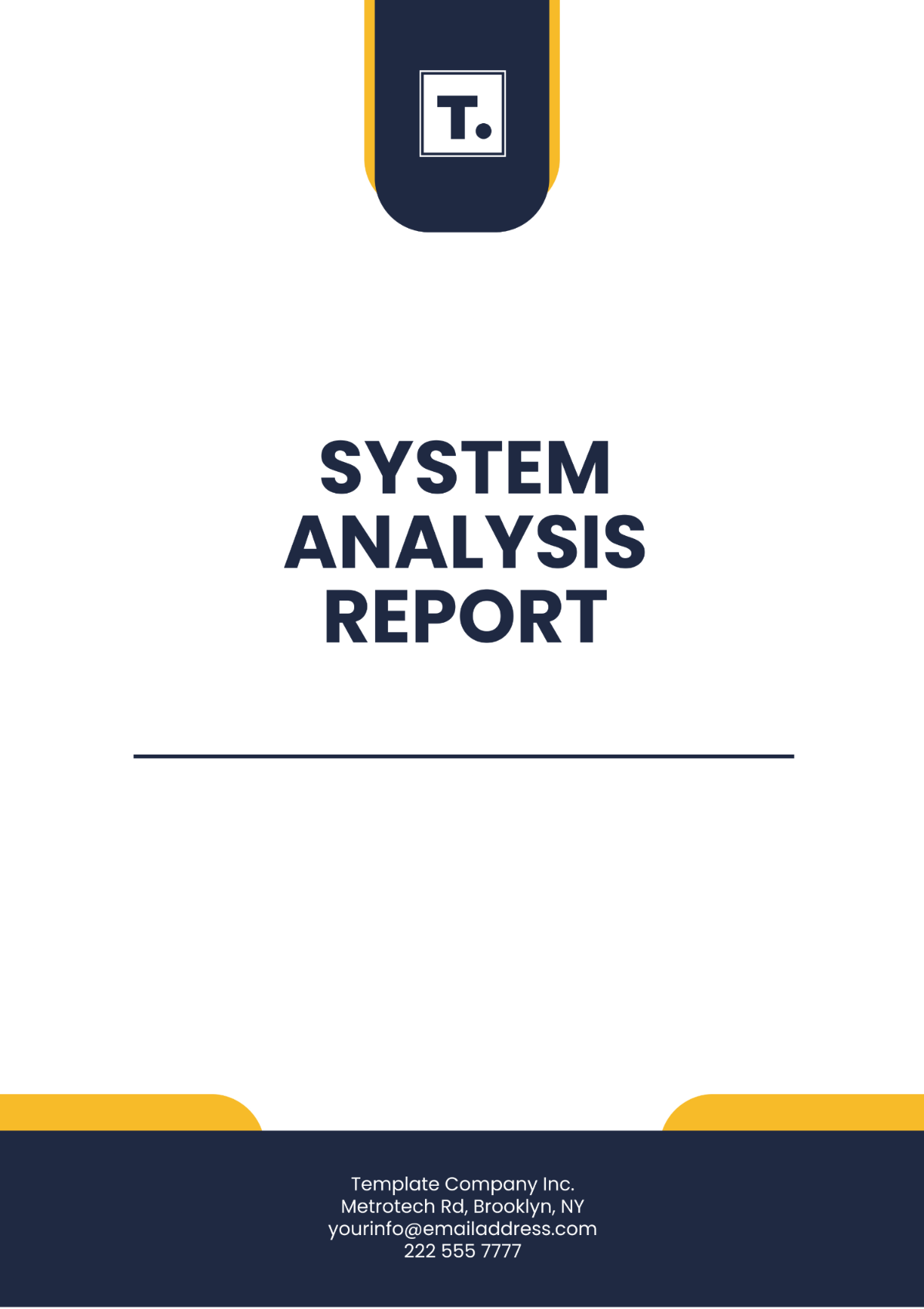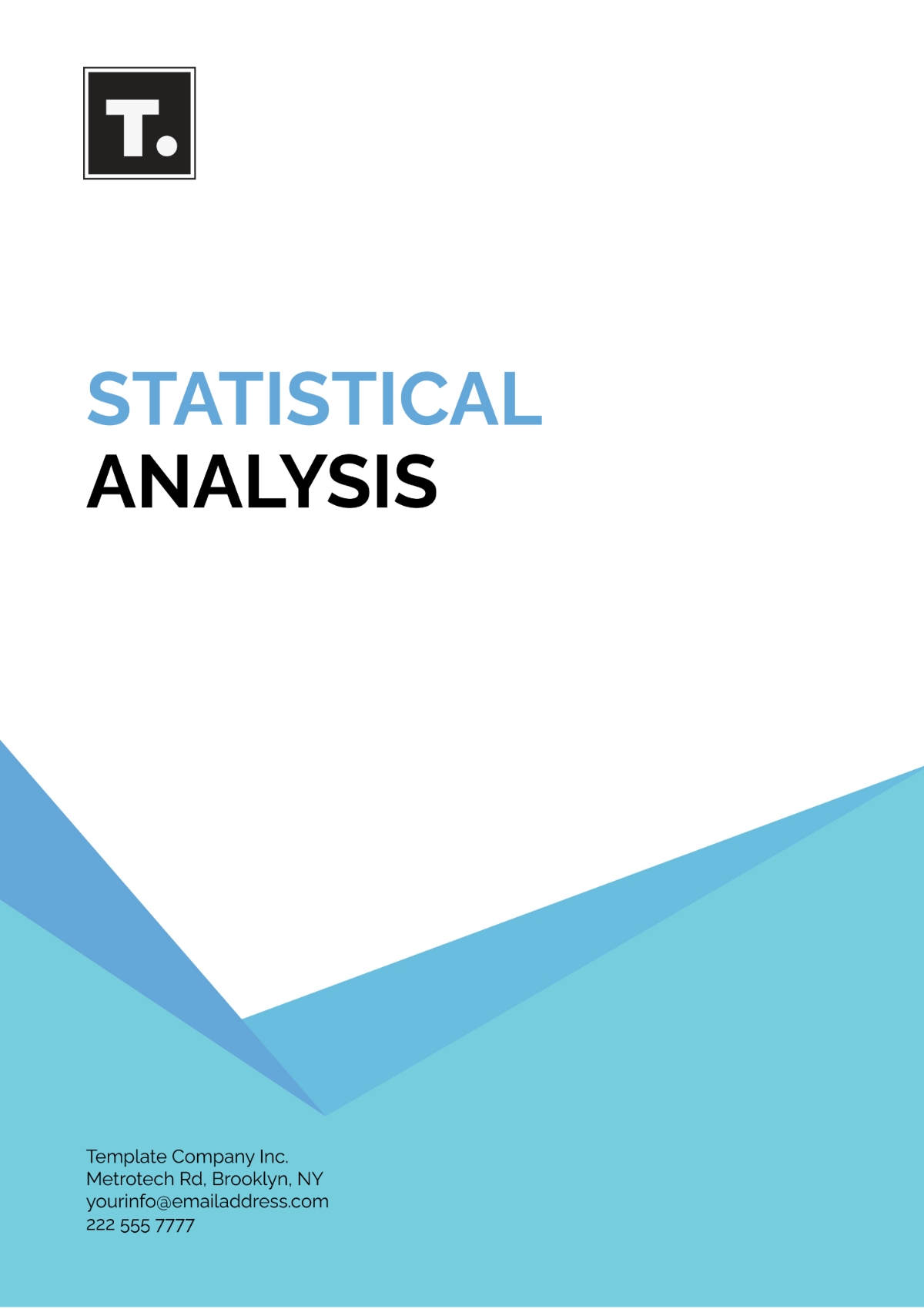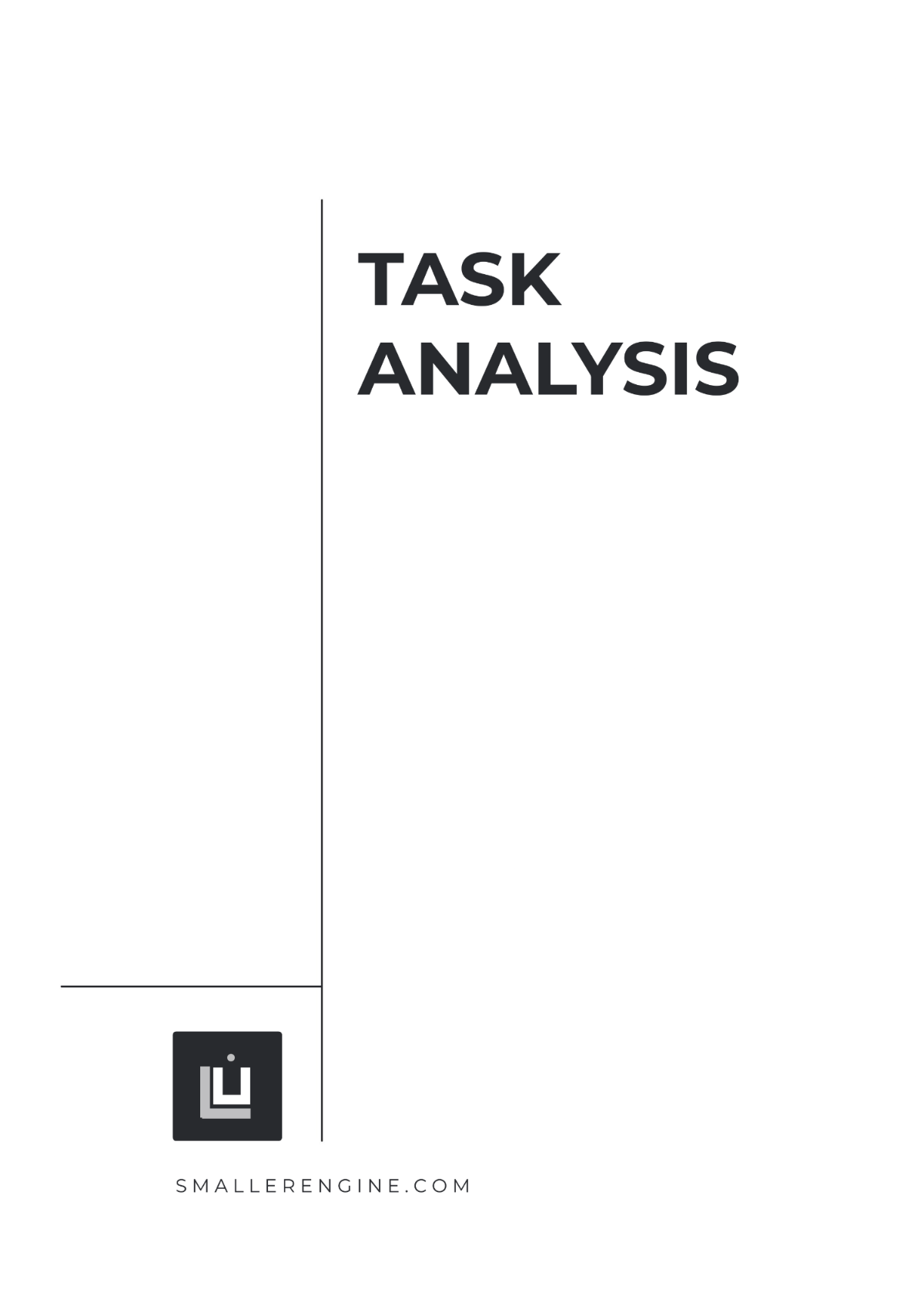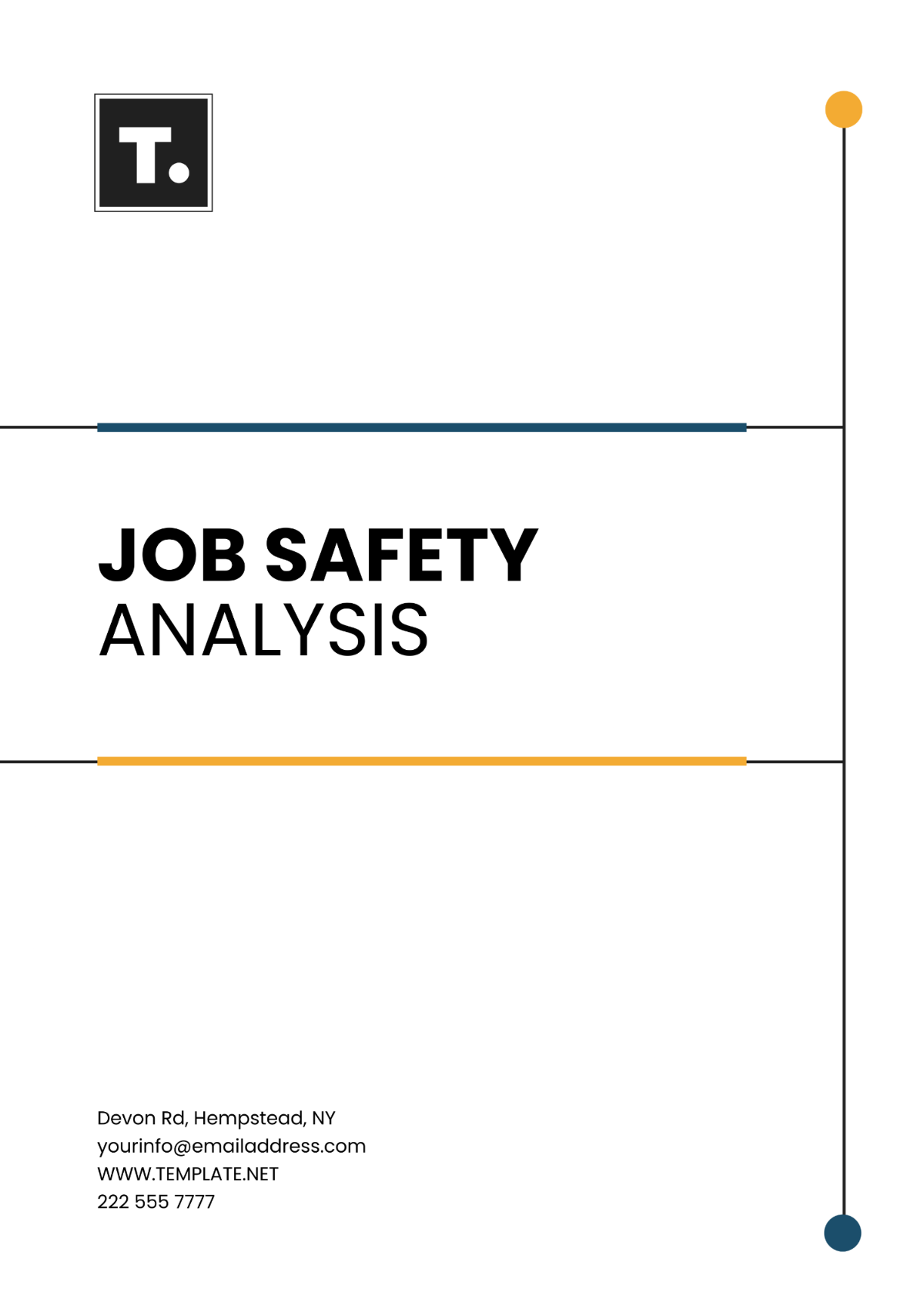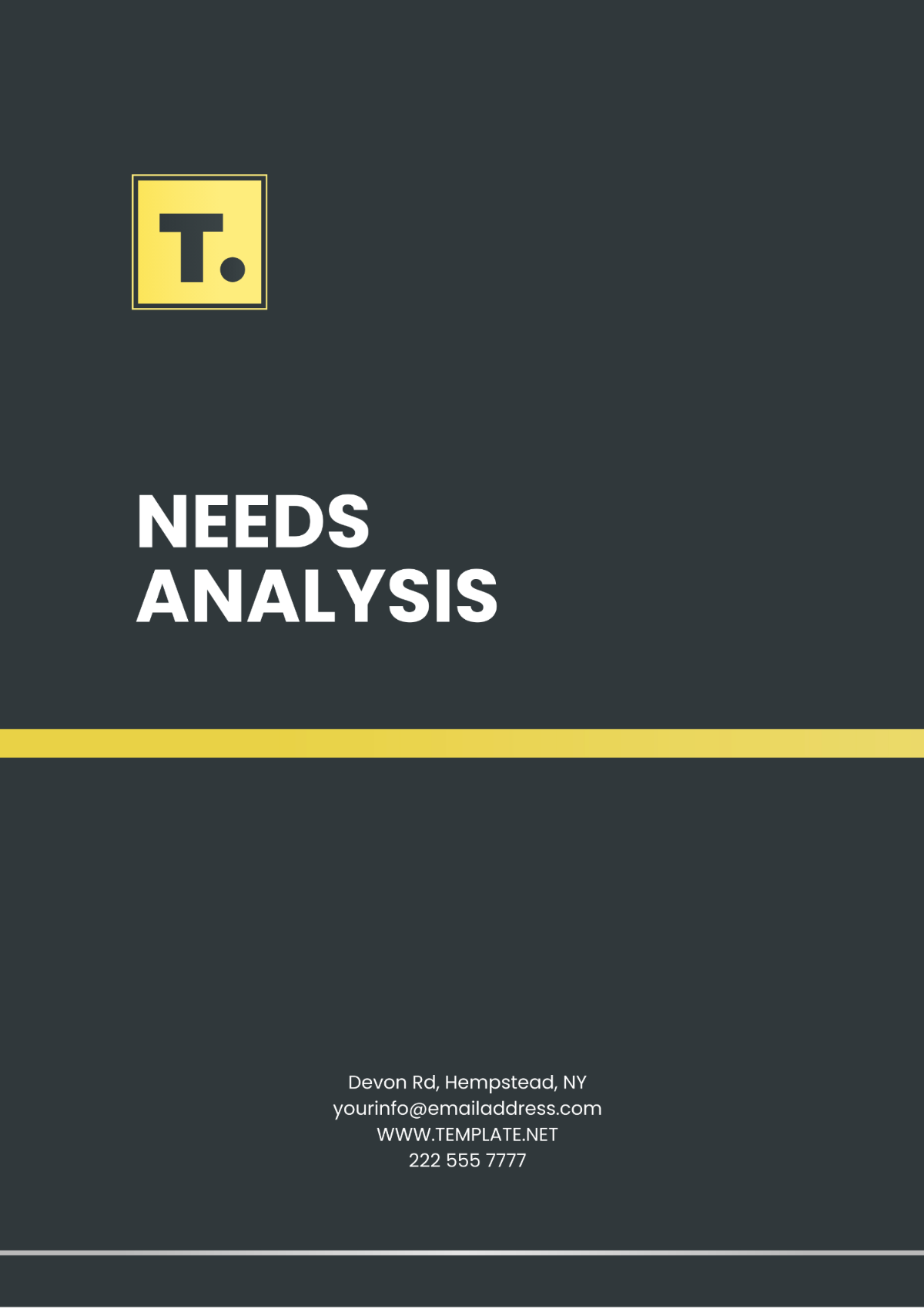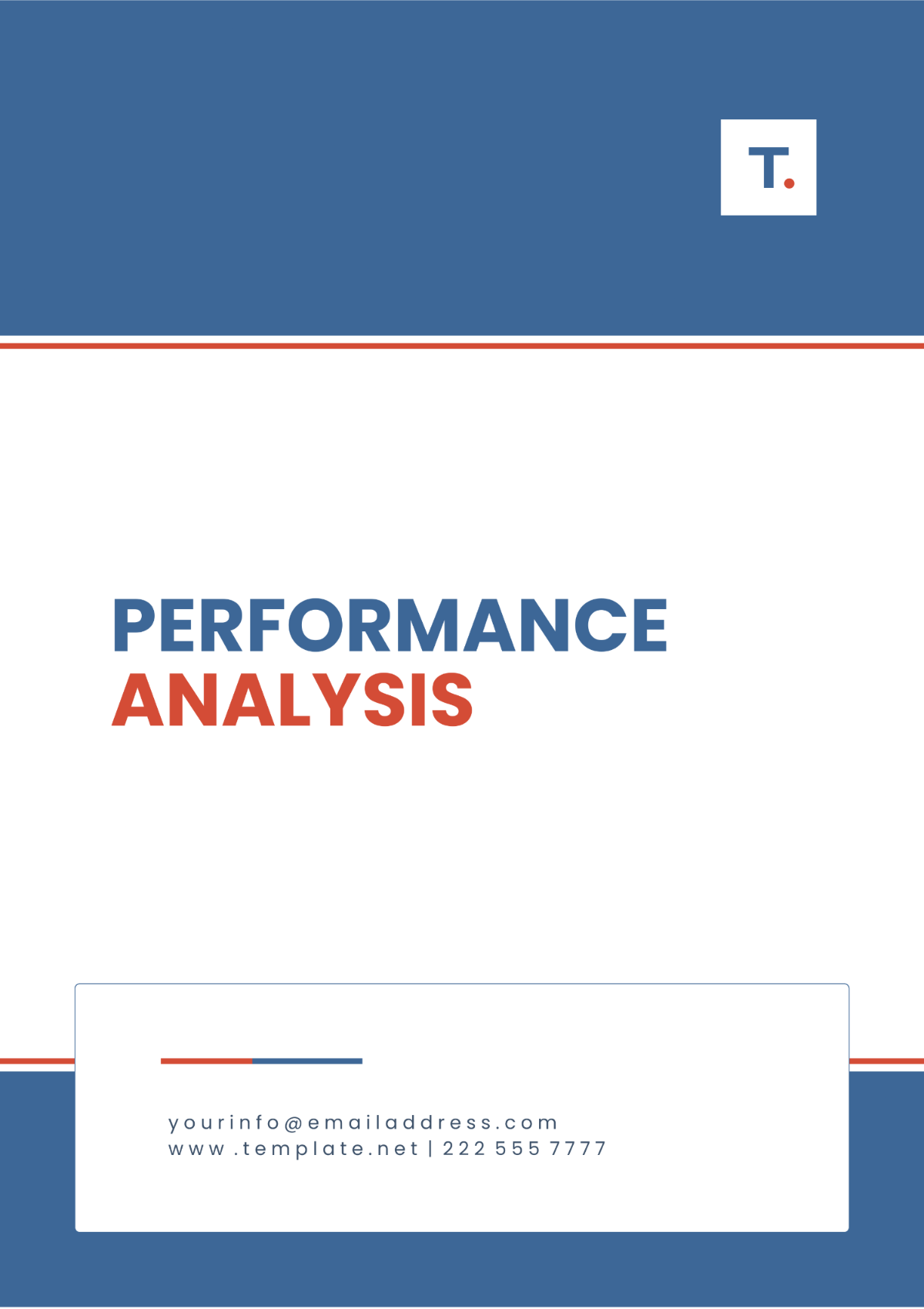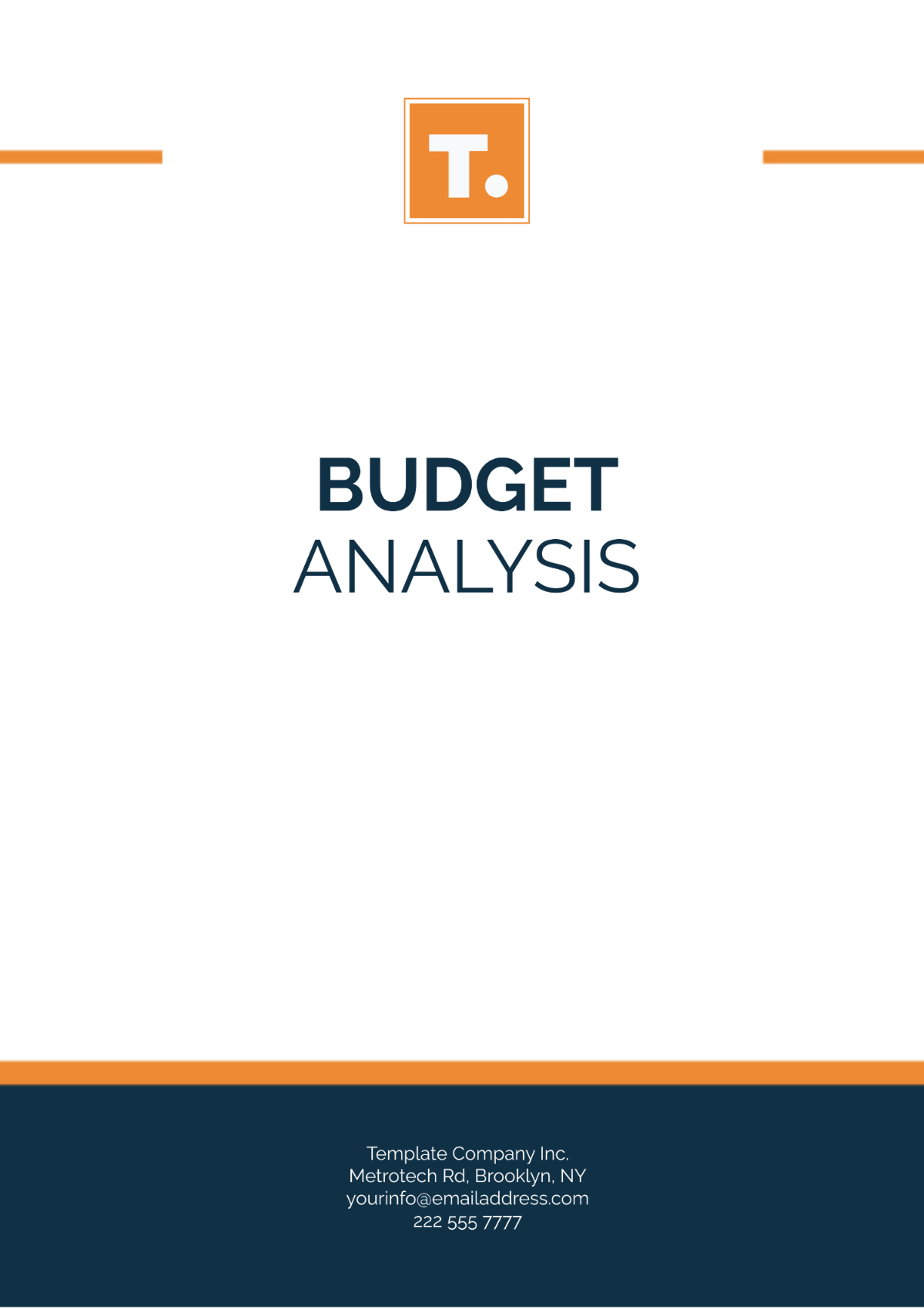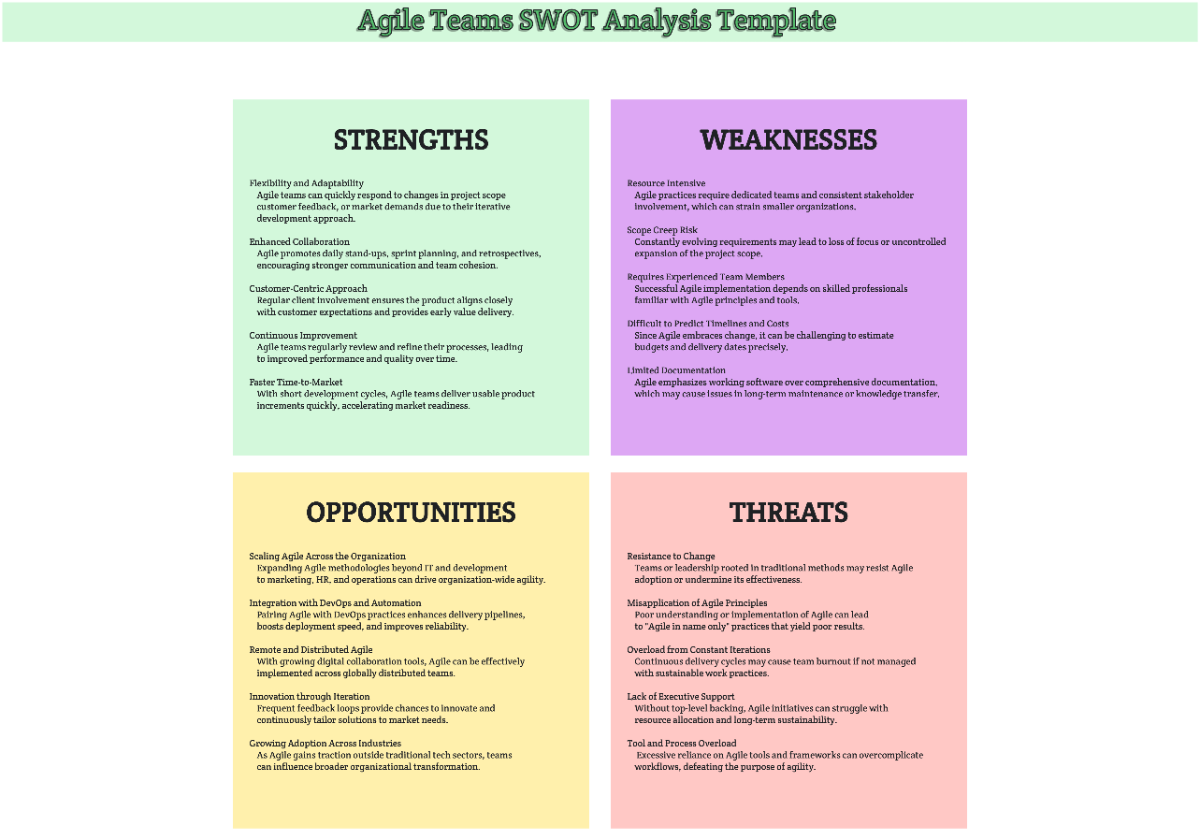Project Evaluation Analysis Brief
Prepared by: [YOUR NAME]
Date: [Date]
Company: [YOUR COMPANY NAME]
Dear Project Teams,
I trust this message finds you well. As part of our ongoing commitment to project excellence, I am pleased to provide you with a comprehensive analysis brief on Project Evaluation. This document aims to succinctly inform and guide project teams in understanding the critical aspects of evaluating project performance.
Executive Summary
The comprehensive evaluation of [Project Name], initiated on [Start Date], aims to provide valuable insights into its performance. This analysis brief encapsulates key findings and offers strategic recommendations for future projects.
Background
[Project Name], a strategic initiative embarked upon on [Start Date], aimed to [Project Objectives]. The project's scope encompassed [Scope Details], with a targeted completion date of [End Date]. Key deliverables included [Deliverables], designed to meet [Specific Goals].
Evaluation Methodology
Our evaluation methodology combined both quantitative and qualitative approaches. Data collection involved [Data Collection Methods], such as [Surveys, Interviews, and Data Analysis]. The analysis focused on [Specific Metrics], ensuring a comprehensive assessment of project effectiveness.
Key Findings
Positive Outcomes:
Successful completion of all project deliverables, exceeding expectations.
Exceptionally high stakeholder satisfaction, evidenced by positive feedback in surveys.
Areas for Improvement:
Project timelines experienced unavoidable delays due to unforeseen technical challenges.
Stakeholder engagement, though generally positive, showed lapses during specific project phases.
Successes and Achievements
Successfully achieved [Specific Project Milestone], showcasing project competence.
Timely completion of [Key Deliverable] resulted in [Positive Outcome], reinforcing project efficacy.
Challenges and Lessons Learned
Challenges:
Unforeseen technical issues, including [Specific Challenges], contributed to project delays.
Limited communication between cross-functional teams hindered seamless collaboration.
Lessons Learned:
Recognized the criticality of implementing contingency plans for unforeseen challenges.
Acknowledged the need for enhanced cross-team communication strategies to foster collaboration.
Recommendations
Implement a robust risk management plan, incorporating insights from identified challenges.
Specific actions could include [Detailed Recommendations].
Enhance stakeholder engagement through a structured communication plan, ensuring regular updates and involvement in decision-making processes.
Consider [Specific Strategies] to improve stakeholder engagement.
Conclusion
In conclusion, while [Project Name] demonstrated notable successes, it is crucial to learn from the challenges faced. Implementation of the provided recommendations will undoubtedly contribute to the success of future projects.
Next Steps
Initiate a post-evaluation meeting to discuss findings with the project team, ensuring alignment on key takeaways.
Incorporate the recommendations into the planning phase of future projects, utilizing the lessons learned to enhance project management strategies.
For further information or clarification, please contact:[Your Name] at [Your Company Number] or [Your Company Email]


